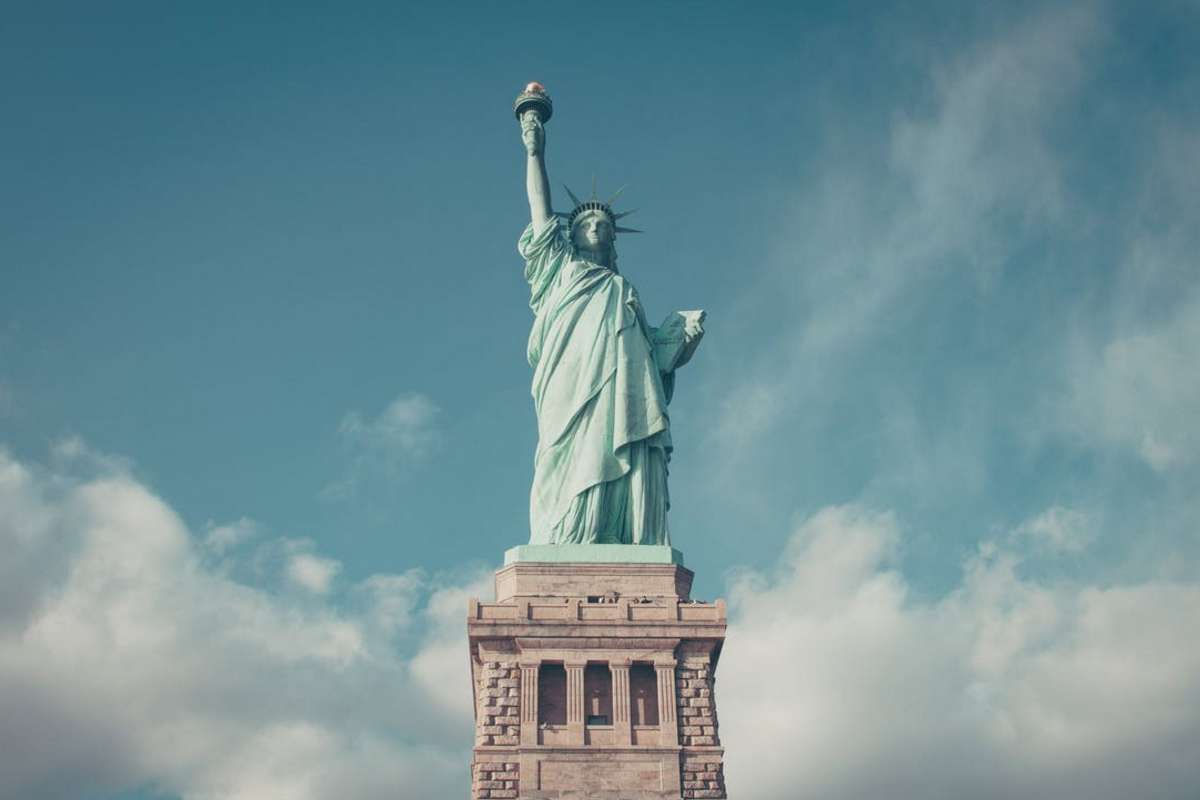There’s always two side to a story – even for Trump and his take on trade.
Now Donald Trump has officially taken over as the 45th President of the United States, many of us Kiwis (particularly those in business) think New Zealand is well and truly Trumped. But is it really all doom and gloom for the future of our nation when it comes to dealing with America?
One thing we can say with any certainty is there will be many outcomes affecting us – on the one hand, it’s likely our free trade ambitions will get a hit and lead to reduced access to some very big markets, on the other, it signals an opportunity for local manufacturing to respond proactively to emerging policies with our own political response, to arm local manufacturing with the scope to grow and make a bigger contribution to our economy.
In the end – HERA believes it will all be about striking the right balance between growing a competitive economy which can continue to export successfully into the free trade space, and protecting ourselves against unfair trade such as dumped products and promptly matching new emerging tariff barriers with our own tariff increases.
The lay of the land through ‘Trump’ tinted glasses
On the edge of our seats, we’ve watched the Trump empire come to power – demonstrating a real support for change in the ‘greatest nation in the world’, where its current approach is a decided move away from New Zealand’s policy that more free trade is needed if we’re to be a prosperous country.
So what is the right tactic to pursue in the quest for economic success and a happy gainfully employed nation? It’s a question that has led to a split in opinion the world over, particularly in the US and the UK – and with New Zealand’s next election looming, it’s clear our political parties will have to make their minds up quickly when it comes to what side of the fence they’re on.
No doubt, our own protectionist New Zealand past proves economic reform greatly increased our living standard and delivered positive changes to our industry. Operating in areas where we could be competitive made economic sense and kept our population employed, driving export growth globally with annual exports of $8.3 billion to the US – our third largest trading partner.
While Trump has indicated that there might still be trade deals to be had with individual TTP countries, the general consensus is we won’t be the first to be negotiated with. It’s likely that by the time Trump gets to us, a status quo in terms of tariff policies will have been adopted and more sensitive items such as our metals trade compromised in an aim to protect America’s economy.
Perhaps the most significant impact that may come our way is not the tariff increases for New Zealand trade itself, but the influx of importers to the market who’ll no doubt meet similar trade barriers and seek to sell their surpluses to anyone else that will take it – driving down product quality and reducing our own industries ability to remain cost competitive. We’ve already seen a glimpse of this in our current oversupplied steel trade where prices are at record low, and it’s likely this won’t be limited to steel imported directly, but also to fabricated steel products where overseas rivals are using low cost steel via “unequal“ pathways to import below true market value to displace otherwise competitive local products.
It’s time to prepare for negotiation
From the onset, HERA has always supported New Zealand’s free trade policy – even if it challenged our local industry and forced us to be internationally viable. That’s why independent of what happens in the US, we think our industry needs to continue to strive for ongoing improvement in our competitiveness whether for export or against imports.
However, it has to be said that this stance has always been with the understanding that our government upheld the principle of fair and equal trade and effectively protected local industry against any practices which undermined this – especially when we had no ability to respond ourselves. With this in mind, we believe it’s important that New Zealand reviews its trade policies so we can effectively and quickly respond to any challenges that may arise in the future.
This approach should not only find support from partners who defend equal free trade – but also create a sustainable industry capable of contributing to New Zealand’s economy within the bounds of fair market practices.
Of the many headline grabbing actions of the Trump administration, his trade related activities should certainly demand our industry’s full attention. After all – if policies aren’t put in place to allow us to respond quickly to any change in trading conditions, it’s our own back pocket in danger!
Where do we go from here?
With the speed Trump is moving, we need to get cracking when it comes to discussing and analysing these new risks. We’d be keen to know what your thoughts are so we can take an informed industry approach, identify real threats and follow up with strong advocacy action.
Please contact our Director Wolfgang Scholz.

